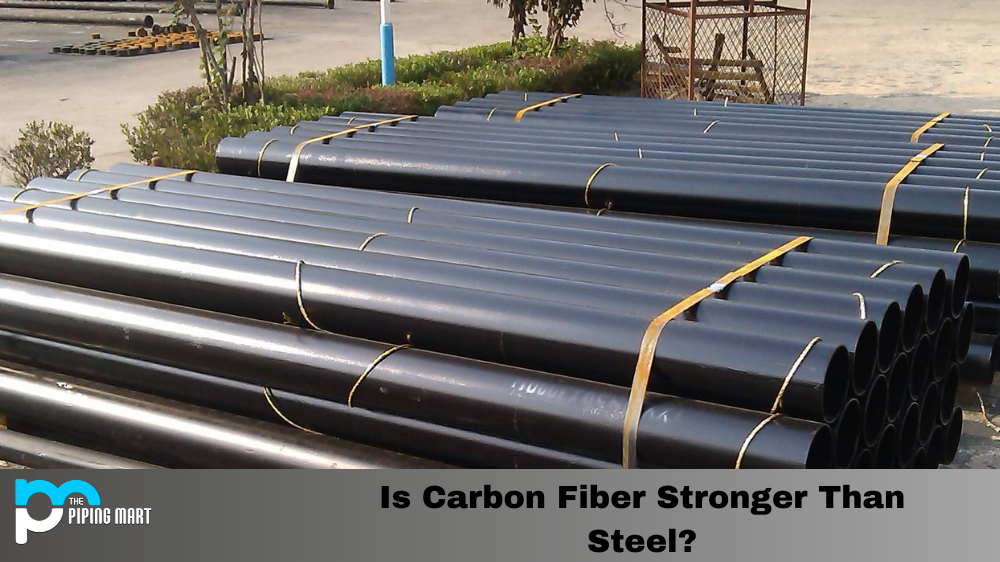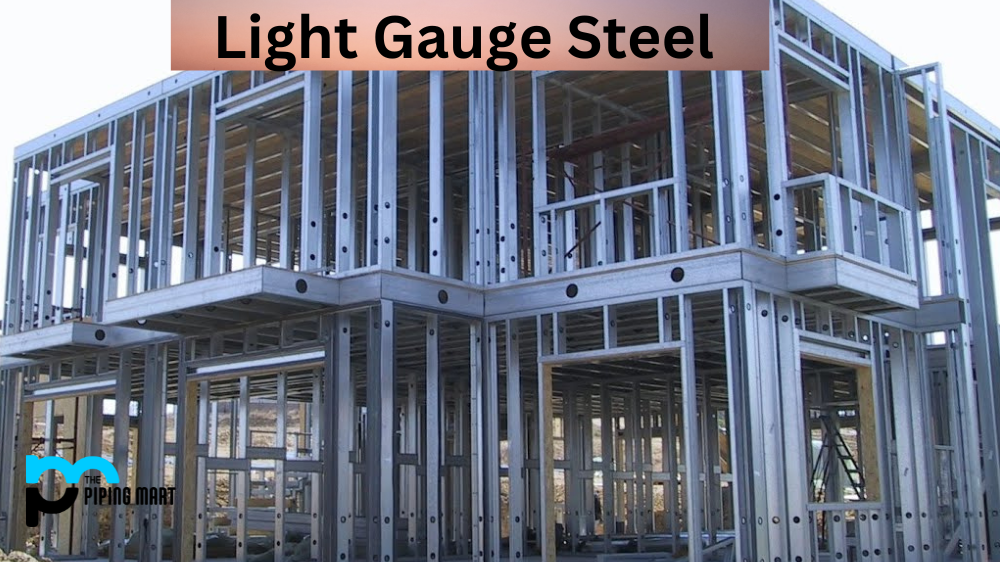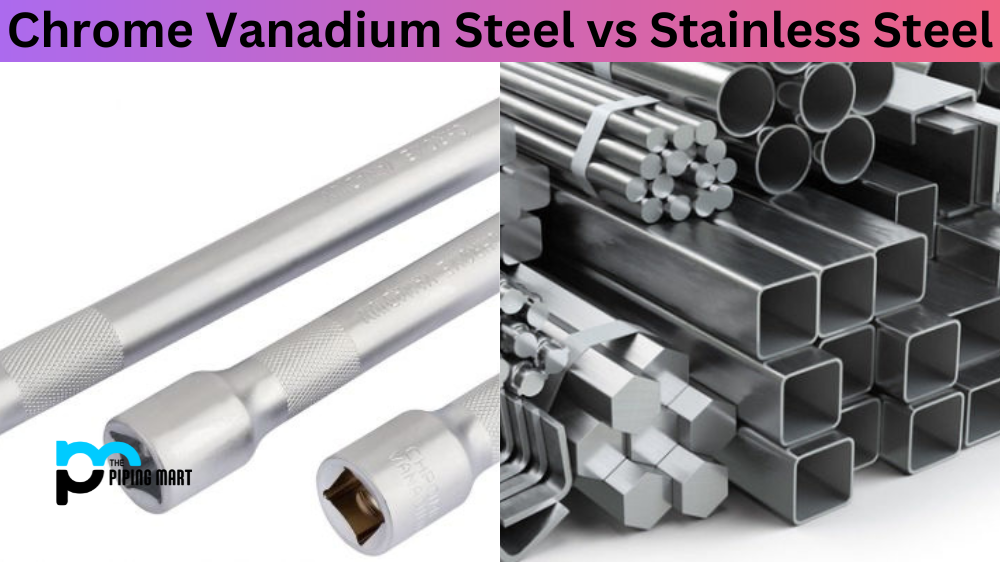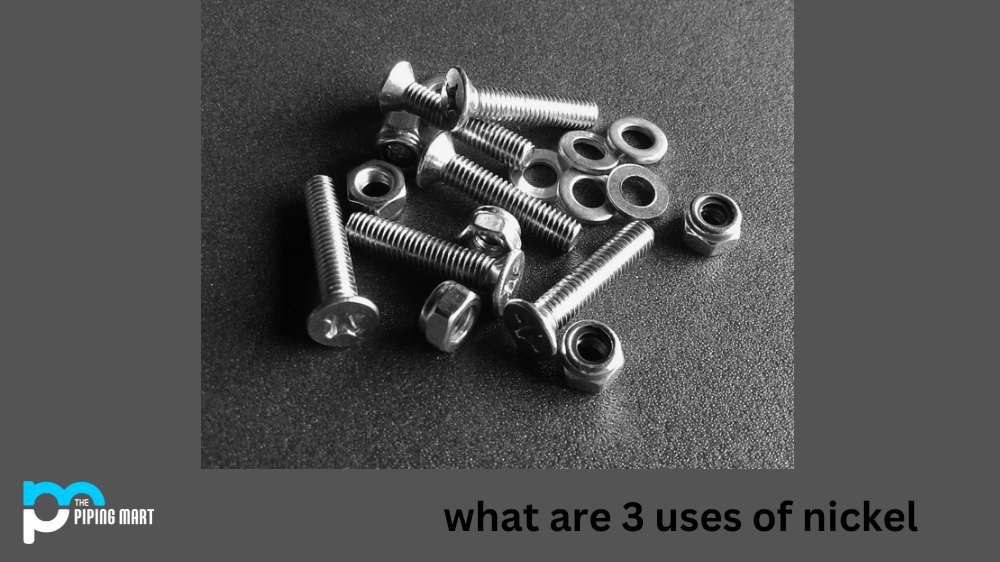Carbon fiber is an incredibly strong and durable material used in various industries, from aerospace to automotive. But how does it compare to traditional steel when it comes to strength and durability? In this blog post, we’ll explore the differences between carbon fiber and steel so that you can make an informed decision about which material is best for your application.
Carbon fiber vs. Steel
Strength and Durability
It’s no secret that carbon fiber is strong; however, its strength varies depending on the type of fiber being used. Most types of carbon fiber are stronger than steel by weight; however, this doesn’t necessarily mean that one material is “stronger” than the other overall. For example, a piece of carbon fiber may be lighter but still weaker than a piece of steel. This is because carbon fibers are very thin compared to steel fibers and may not have as much surface area exposed to external forces like tension or pressure.
When it comes to durability, both materials have their strengths and weaknesses. While steel may be more resistant to corrosion due to its alloying elements, it also has a higher coefficient of thermal expansion—meaning that it expands more with increasing temperature—which can cause problems over time if not accounted for during design. On the other hand, carbon fibers are generally less prone to corrosion than steel fibers. However, due to their composite nature, they are more susceptible to damage from ultraviolet light (UV) exposure.
In terms of cost-effectiveness, both materials offer advantages depending on the application. Steel tends to be cheaper than carbon fiber because it’s easier to produce in large volumes; however, since carbon fibers are lighter than steel by weight, they can often provide greater efficiency in applications where weight is a factor (e.g., aerospace). Additionally, since most types of carbon fiber are quite expensive compared to steel, using smaller amounts can help reduce costs without sacrificing strength or durability.
Conclusion
Carbon fiber and steel each have unique advantages when it comes to strength and durability; however, which one is better for your particular application will depend on factors such as cost-effectiveness, weight requirements, environmental conditions (e.g., UV exposure), and other considerations specific to your project or industry. As you weigh your options for a given application, consider all these factors before deciding so you can select the best material for your needs.

Abhishek is a seasoned blogger and industry expert, sharing his insights and knowledge on various topics. With his research, Abhishek offers valuable insights and tips for professionals and enthusiasts. Follow him for expert advice on the latest trends and developments in the metal industry.




